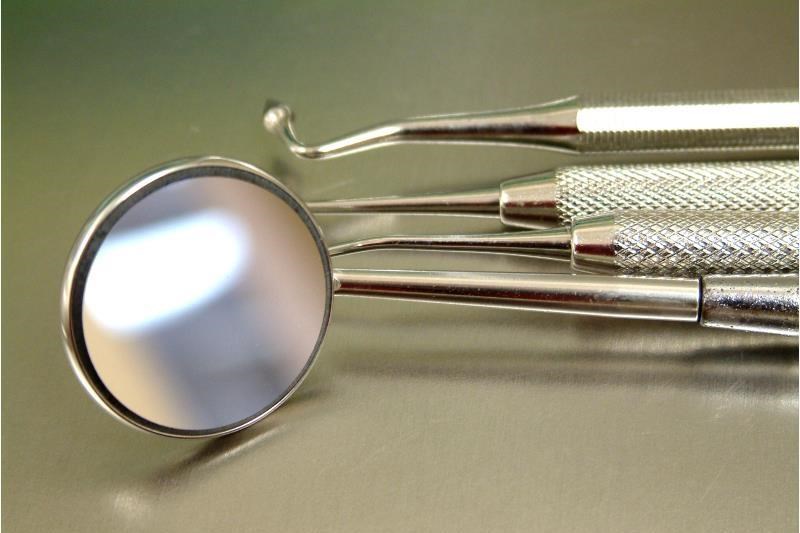Advice on risks of swallowed items
Published: 10/12/2019
The Dental Defence Union (DDU) has issued advice to its members to minimise the risks of patients swallowing or inhaling parts of dental instruments and materials during treatment.
The risk of patients ingesting a foreign body during treatment is well known but it is rare for it to happen. The DDU helped dental professionals with 68 cases, including 22 formal negligence claims over a recent ten-year period, according to an article just published in the DDU journal.
The most common procedures leading to this adverse incident were root canal treatment, fillings, scale and polish and implant treatment. Instruments or materials most likely to be ingested included endodontic files, burs and filling materials.
Rupert Hoppenbrouwers, senior dento-legal adviser at the DDU, said:
‘Patients generally trust dental professionals to carry out procedures involving very small instruments and sometimes hazardous materials while they lie back in the dental chair.
'However, there is a small risk of patients swallowing or inhaling a foreign body during treatment. This is because of the difficulty in handling small instruments and other objects while working in the restricted area of the mouth, coupled with the patient being treated while lying back.
‘Although such incidents are rare, for the patients affected it can cause a great deal of anxiety and there is the potential for harm. In our analysis, the majority of patients required no further treatment as the instrument passed uneventfully through the patient’s gastro-intestinal tract. However in a small number of cases, surgery or endoscopy was required to remove the foreign body.
‘There may also be serious consequences for the dental professional involved who can face a complaint or negligence claim, as well as possible reputational damage for the practice.
‘Dental professionals need to be alert to the risk and have procedures in place to minimise the chance of this happening.’
The DDU has published advice about how to minimise the risk of instruments or materials being swallowed by patients and dealing with the consequences of any incident:
- Consider using securely positioned rubber dam to isolate the affected tooth or teeth when carrying out procedures such as root canal treatment.
- Use high vacuum suction when carrying out procedures such as cementing crowns or removing fillings.
- If you are concerned that a patient is at particular risk, consider postponing the procedure or referring them for treatment.
- Ensure dental instruments are regularly checked and serviced so that they are in good condition and functioning properly before use.
- If you drop a dental instrument in the patient’s mouth, take immediate action to retrieve it if possible, then inform the patient and apologise.
- Advise the patient of whether they should attend hospital, what symptoms should cause them to seek further medical help and ensure they are closely monitored until the material has been passed or removed.
- Document exactly what happened, the action taken and the discussion with the patient.
The full analysis of cases and advice is published in the DDU journal
Author: Julie Bissett

.jpg?width=300&height=200&scale=canvas)

.jpg?width=300&height=200&scale=canvas)





